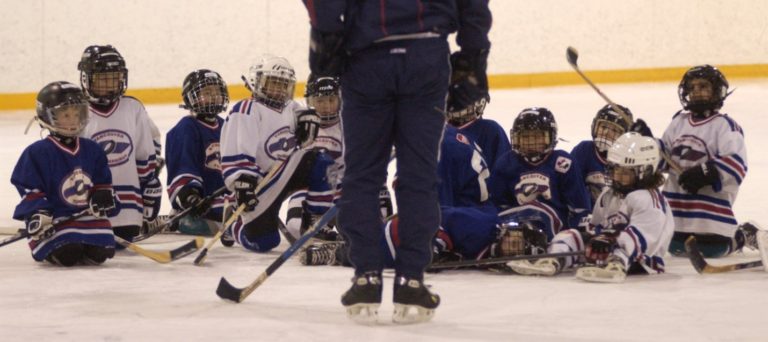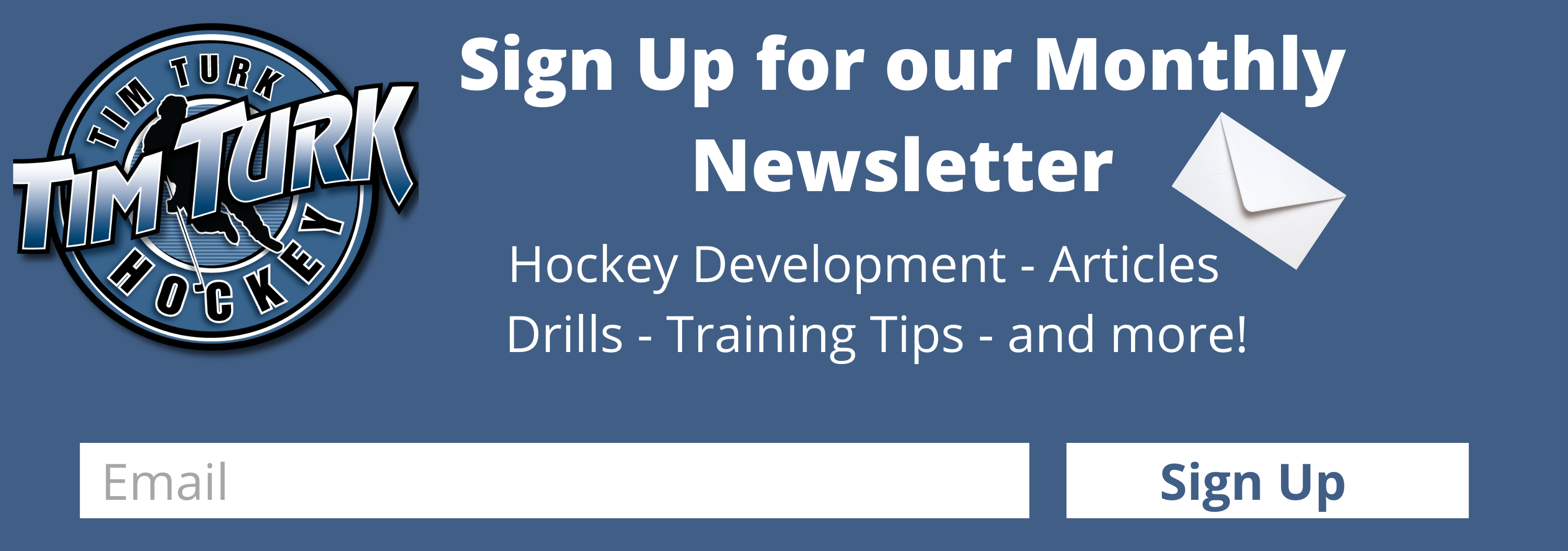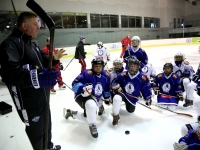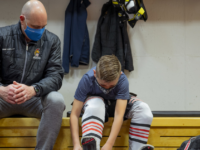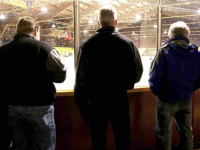So you’ve signed up to become a youth hockey coach. Sounds great! Giving your time and effort back to your local community, while helping kids learn valuable skills like competition and sportsmanship. You might even be coaching your own kids which is a great way to build lasting memories and help your children develop through sport. Volunteering as a youth hockey coach, or a coach in any sport, is a wonderful gesture and overall an extremely rewarding experience.
But hold on a second, do you know what you are getting yourself into? Did anyone warn you about all of the difficult parts of the job? The pros far outweigh the cons here but let’s be honest, coaching youth sports isn’t for everyone. Let’s make sure you know what you are getting involved in. Here is our list of five questions every youth hockey coach needs to ask themselves before coaching their first game!
Can You Commit to Being a Youth Hockey Coach?
Obviously your first instinct is going to be to say yes, but are you sure about that? Youth hockey is a grind and any hockey parent will tell you that. When you sign up to be the coach, you are committing to 6:00 AM practices before work and games during evenings and weekends. Oh and as the coach you should be arriving at the rink before the players do to set that good example for them.
Don’t forget about your own commitments as well! Not only do you need to be there early, but you need to be on the ice, prepared, with your own gear and have a practice plan. Chances are that if you are signing up to be a coach, you still play regularly or have played in the past. Hopefully you have your own gear but be prepared to buy some new equipment if you need to. So before taking on the role of a youth hockey coach, make sure you can fully commit your own time and schedule to games and practices.
Can You Handle Hockey Parents?
Okay, some hockey parents generally get a bad reputation, and it certainly isn’t all of them that are difficult to deal with. Parents in any youth sports can be hostile, especially as the kids get older and the leagues get more competitive. So as the coach, you will find yourself being targeted by parents if the team is losing games or if their kids are not enjoying the game. Be prepared for it, because it is one of the more challenging parts of being a coach.
Just keep in mind that parents can approach you for any issues with the team. A common complaint is that their kid is not getting enough ice time, or they don’t like them playing with certain teammates. This is completely up to you as to how you want to deal with it, but we recommend trying to take the high road and keeping your cool.
Can You Keep the Kids Interested in Hockey?
Look, we all love hockey, it’s why we would even consider signing up to be a youth hockey coach in the first place. But many of us seem to confuse our love for the game and our kids’ love for the game as being the same thing. This is especially true with the younger age groups. This is likely one of their first experiences with organized sports, and quite frankly, it can be a challenge to keep them involved in the game.
It helps if you know how to interact with kids in the first place. Try to keep practices fresh with new activities and drills. If kids do the same thing over and over, they tend to lose interest rather quickly. Another way to keep things interesting for your players is to rotate positions and linemates. If you have your own kids, you’ll know how hard it can be to keep them motivated. Youth hockey coaching is a juggling act between teaching kids the fundamentals of hockey and keeping those lessons creative.
Can You Balance Competition and Fun?
It’s a fine line when coaching youth sports: how much do you teach your kids to be competitive and how much do you want them to just have fun? A lot of this will probably depend on your age group as well. Younger kids should learn more about having fun and enjoying the game of hockey. When these kids get older, we can start focusing on being more competitive and the importance of winning.
As a coach you need to strike a fine balance to get the best of both worlds. You will want to stress having fun, making friends, and improving their fitness and coordination. But at the same time, you do need to start teaching them a sense of competition as well. Remember, parents will want you to coach to win. Everyone loves winning, but if you can teach the kids to enjoy the game first, then they will enjoy winning that much more.
Can You Be a Leader and a Role Model?
We all know there are good coaches and bad coaches. This goes for any position in life. But when coaching kids at such a young age, coaches become extensions of the leadership group that helps to mold their experiences. This group includes parents and family, teachers, and any other authority figures they learn to trust. Being a coach isn’t just about showing up and bringing the pucks, you have to realize you are playing an instrumental role in their early-life development.
So can you be that role model for them? They’ll look up to you and many of their future experiences with hockey will be shaped by their first few coaches. Some of your players might even make it to the NHL one day and you could be one of the reasons they do! Embrace your role as an influential part of their lives because even if you don’t realize it, as a coach you are crucial to how they develop their life skills.


